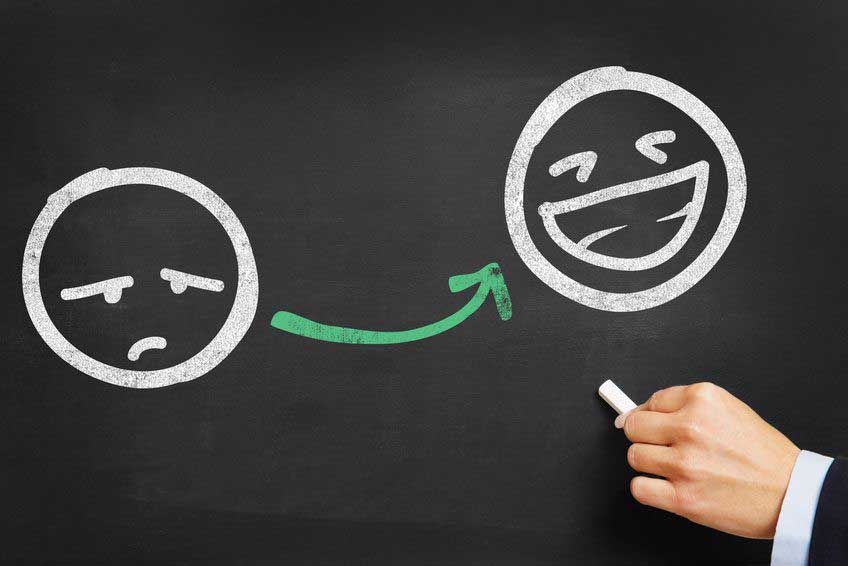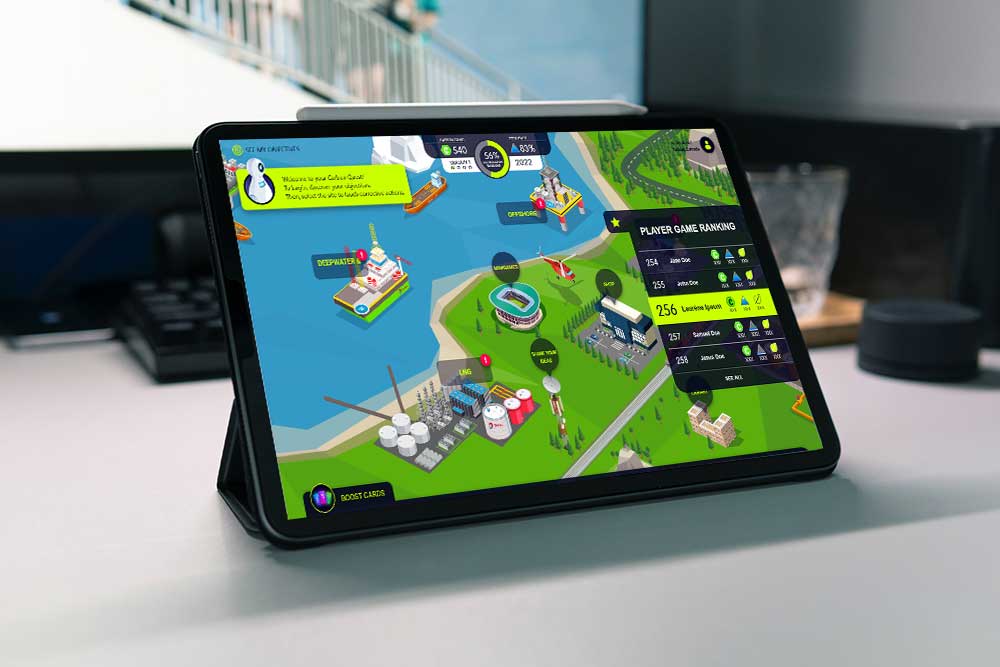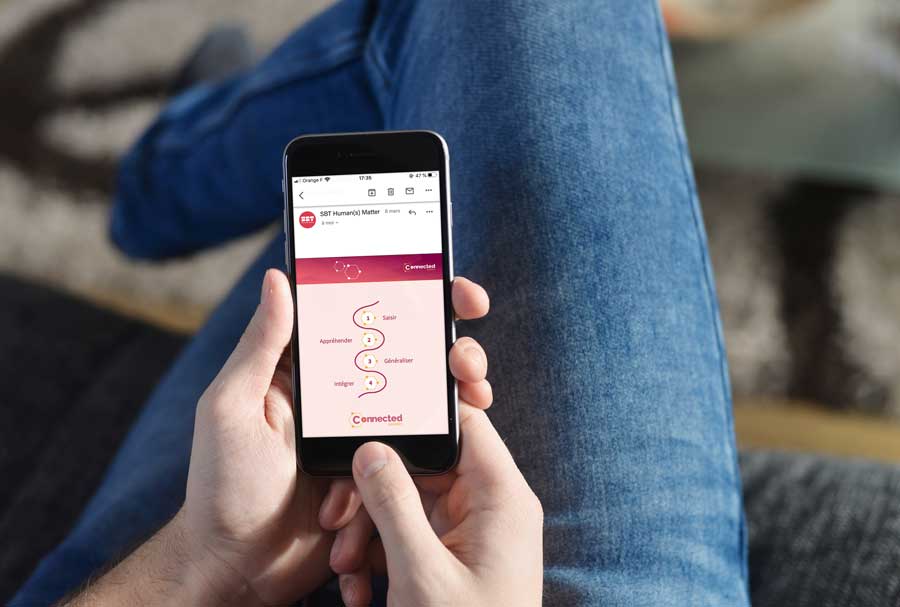What differentiates the managers in these two studies? What are the abilities that allow them to thrive in uncertainty and activate the human potential of their teams?
Crises always call for a return to basics, and managers are no exception. They must also return to their fundamental intentions: to manage human relationships and create common meaning. Reinvesting in the field of meaning – this combination of material and immaterial elements that defines the environment of knowledge, rituals, and symbols in which the team evolves is, first and foremost, a work on oneself. For the antifragile manager, it is a matter of personally engaging in a questioning process that deals with the complexity of the world and brings out their own levers of commitment.
Uncertainty is not objectively good or bad, it is the way we perceive it that defines its potential and makes it a source of opportunity. It is all about the mental model. The antifragile manager therefore manages to change their mental model when necessary. This challenge is as much about unlearning acquired automatisms as it is about learning a new mindset.
We observe 3 movements of unlearning / learning in antifragile managers:
- Abandon command & control, its illusions of mastery over uncertainty and its proliferation of rules and procedures, in favor of openness and care for the quality of human relationships.
- Abandon individual commitment and wishful thinking in favor of collective action and permanent adjustment around common objectives.
- Abandon the cult of results and productivity in favor of agency, experimentation, and awareness.
These transitions in mental models will only be sustainable if they are pursued through work on attention – that cognitive faculty of selecting the information that surrounds us and that determines our entire mental life:
- Attention to oneself, in order to better know oneself and better identify one’s own behaviors, emotions, and cognitive mechanisms;
- Attention to others, by taking care of interpersonal relationships and by revisiting the levers of motivation and confidence;
- Attention to the environment, by accepting situations and reviewing certain beliefs in order to bring out the right conditions for adaptation;
- Attention to the collective, by encouraging the commitment of individuals within internal and external micro-communities and by animating collective intelligence.
The antifragile manager relies on 4 meta-skills that will be their action guides to activate the human potential of their teams.
First of all, they focus on communication and the care given to each member of their team thanks to 2 meta-skills that will allow them to breathe new life into the collaboration:
- “Caring”: observing, describing, and evaluating the quality of interactions within one’s team, then creating better socio-professional balances;
- “Evolving towards collaborative networks”: communicating openly and ensuring that everyone has the information and knowledge they need to carry out their missions, particularly through collaborative tools.
Then they focus on motivation and meaning within their teams thanks to 2 meta-skills that will allow them to give perspective to uncertainty:
- “Building narratives”: developing plots that create bridges between different elements, raise expectations, and guide towards action. Narratives draw desirable futures that foster commitment, especially when they are co-constructed;
- “Creating common meaning”: identifying the beliefs, symbols, and mental representations of each person, distinguishing between those that converge and those that diverge, and then creating new collective mental representations.















